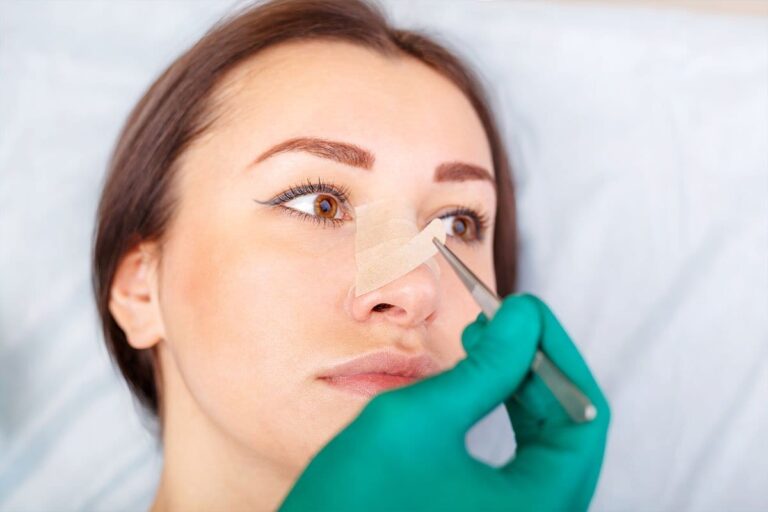Essential Rhinoplasty Recovery Tips: What to Avoid After Surgery
Rhinoplasty requires careful post-surgery care for optimal recovery and results. Key guidelines include avoiding strenuous activities for several weeks, refraining from blowing your nose, and not touching the sensitive area. A soft diet is recommended, avoiding alcohol and spicy foods to reduce swelling. Proper sleeping posture involves lying on your back with an elevated head. Regular follow-up appointments are essential for monitoring healing. Patients should adhere to their surgeon’s instructions to prevent complications and ensure successful outcomes. Recovery typically takes 2 to 3 weeks for normal activities but may last up to a year for full results.










